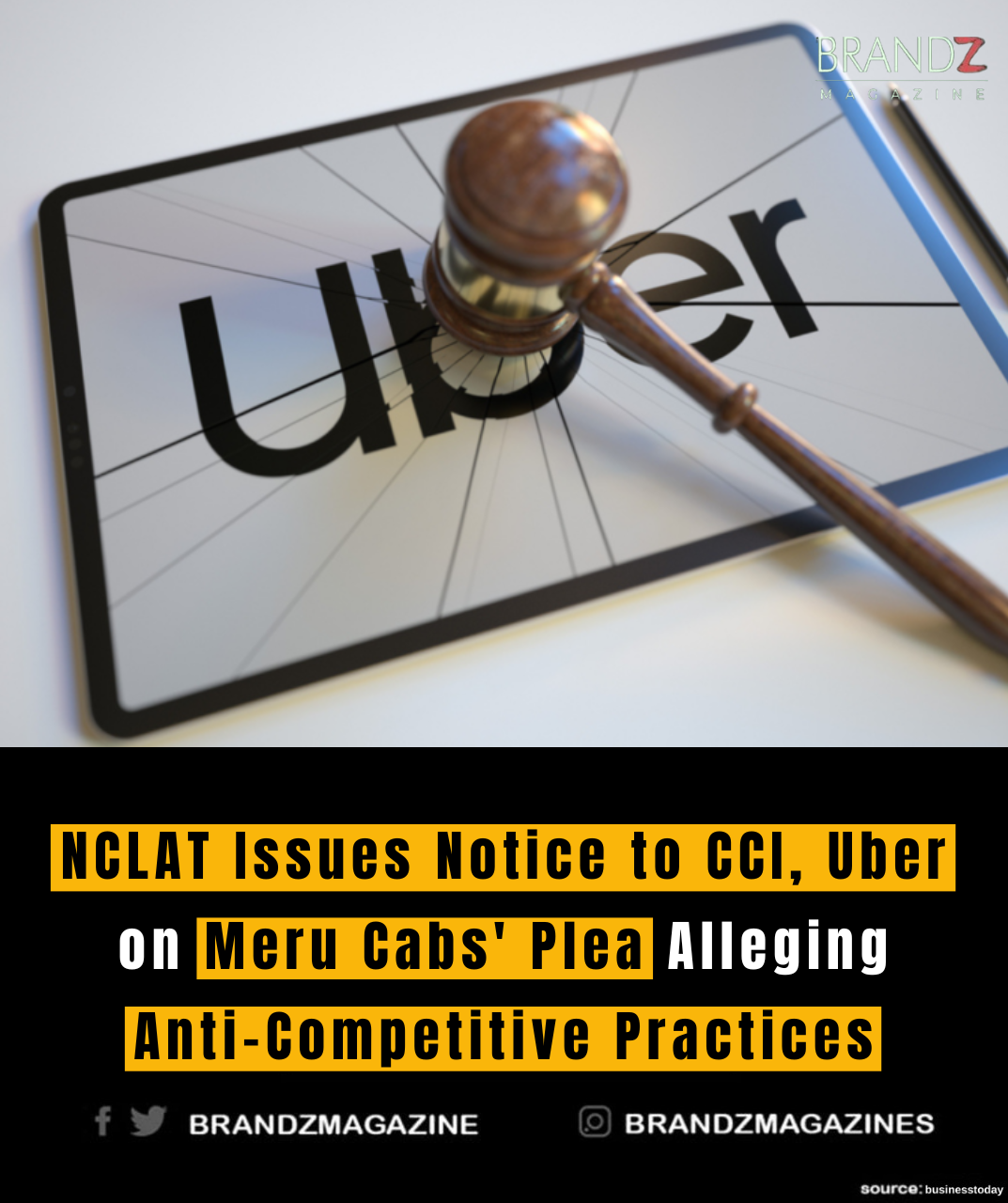
The National Company Law Appellate Tribunal (NCLAT) has issued notices to the Competition Commission of India (CCI) and cab aggregator Uber on a plea filed by their competitor, Meru Cabs. In the plea, Meru Cabs has alleged that Uber engaged in anti-competitive practices from 2014 to 2017, which adversely impacted the ride-hailing industry.
Meru Cabs has alleged that Uber offered steep discounts to customers during this period, which made it impossible for Meru and other competitors to survive in the Delhi-NCR market. The company has also alleged that Uber used predatory pricing to drive out competition.
The NCLAT has asked the CCI and Uber to file their responses to the plea by January 2024. The next hearing in the case is scheduled for February 2024.
This case is significant because it raises important questions about competition and fair play in the digital economy. If Meru Cabs is successful in its plea, it could have far-reaching implications for the cab aggregator industry in India.
What are anti-competitive practices?
Anti-competitive practices are those that are used by businesses to restrict competition and gain an unfair advantage in the market. Some common examples of anti-competitive practices include:
What are the implications of anti-competitive practices?
Anti-competitive practices can have a number of negative consequences, including:
What is the case against Uber?
Meru Cabs has alleged that Uber engaged in anti-competitive practices from 2014 to 2017, which adversely impacted the ride-hailing industry. The company has alleged that Uber offered steep discounts to customers during this period, which made it impossible for Meru and other competitors to survive in the Delhi-NCR market. The company has also alleged that Uber used predatory pricing to drive out competition.
If Meru Cabs is successful in its plea, it could have far-reaching implications for the cab aggregator industry in India. It could lead to stricter regulation of the industry and could also force Uber to change its business practices.
What are the next steps?
The NCLAT has asked the CCI and Uber to file their responses to the plea by January 2024. The next hearing in the case is scheduled for February 2024.
It is too early to say what the outcome of the case will be. However, the case has raised important questions about competition and fair play in the digital economy. The outcome of the case could have a significant impact on the cab aggregator industry in India and could also serve as a precedent for other cases involving anti-competitive practices in the digital economy.

